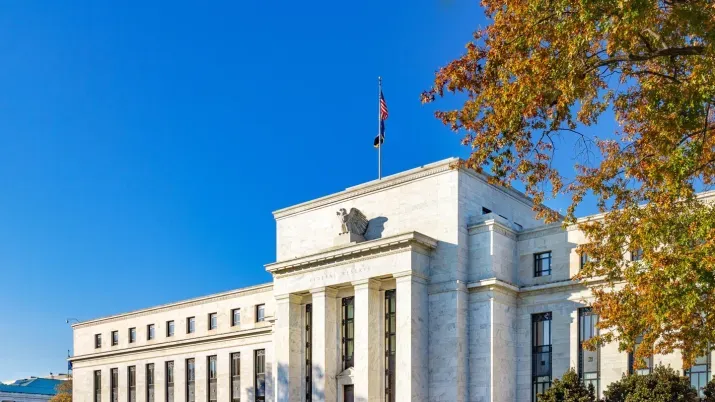Heavy Supply Meets Heavy Demand
TwentyFour
Kicking off the new year, we expected the new issue market to be very active and we certainly haven’t been disappointed, with the good momentum created at the end of last year – thanks to the US and China reaching a ‘phase one’ agreement and the resounding victory by the Conservatives paving the way for Brexit negotiations to move forward – allowing pent-up borrowing demand to hit the market.
The positive sentiment was briefly threatened by the US killing of Iranian general Qassem Soleimani on January 3, and fears of retaliation by Iran. But with tensions easing for the time being at least, investment banks have begun to churn out new issues, with a record €31bn of deals announced in the European primary bond market on Wednesday, following on from the €27bn announced on Tuesday.
The inevitable question is whether this could create some market indigestion, and while it may well do at some stage, but we think this level of issuance can only be achieved because the investor demand is there to facilitate it. Given most deals have performed well and tightened so far, there’s no doubt that there is cash on the side-lines trying to get invested – indeed, most of the deals were well oversubscribed and printed tighter than initial price talk. This points to a healthy market and the new issues have allowed some of the pent-up demand to find a home in primary, taking some pressure off the secondary market. This has no doubt slowed the rally, but in our view that is a good result.
The breadth of the new supply is also encouraging, with the financial sector being very active, along with a number of different corporate sectors in both the investment grade and high yield markets across Europe, the UK, the US and emerging markets. What has also been encouraging is the reopening of the sterling bond markets, not just with issuance from UK companies, but also sterling denominated deals being brought by European companies. One example is Italian bank Intesa Sanpaolo, which printed a £350m 10-year senior preferred deal on Tuesday after achieving an order book of almost £1bn. This points to a thawing of European investors’ fears when it comes to holding sterling denominated paper, but we’ll have to wait and see if the narrowing of the Brexit premium continues; at some stage we’d expect the hard work involved in negotiating a UK-EU trade deal will cause this momentum to slow.
With borrowers eager to take advantage of the very tight spreads available and strong investor demand, the flurry of new issues should continue over the next few weeks. We also note that Santander has just announced a new Additional Tier 1 (AT1) deal, and it will be interesting to see if it manages to price this with a reversionary spread tighter than the 6.25% deal it failed to call on its first call date last year (it looks like this will now be redeemed) – this will be a good gauge of market appetite.







